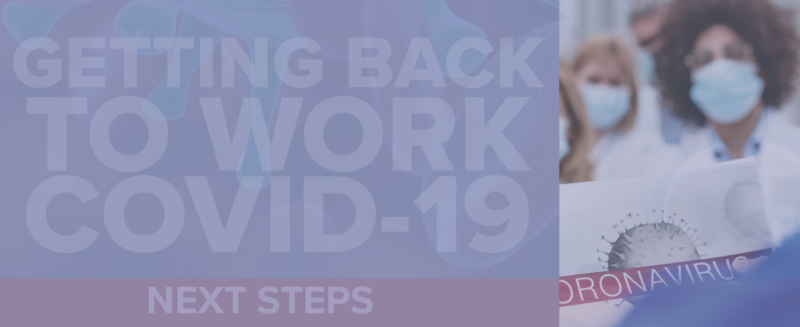NY Federal Court Partially Vacates FFCRA Leave Regulations
Last Updated on August 24, 2020
New York Federal Court Invalidates Four Provisions of the Families First Coronavirus Response Act
In a case brought by the New York attorney general, a New York federal district court has vacated portions of regulations issued by the U.S. Department of Labor (DOL) under the Families First Coronavirus Response Act (FFCRA). As yet, it is unknown whether the DOL will appeal the decision, whether other states will bring similar court actions or, if they do, whether courts in other jurisdictions would reach the same result. Employers are advised to stay updated on developments in these areas to ensure their FFCRA leave policies comply with the law.
The opinion struck down the following provisions in the FFCRA leave rules:
- The requirement that an employer have work available for an employee taking leave;
- The definition of health care providers who may be denied leave;
- The requirement that employers consent to intermittent leave; and
- The requirement that employees provide documentation for leave before taking leave.
The judge in the case noted that the work availability requirement could “considerably narrow the statute’s potential scope” due to the decrease in work immediately available for employees who otherwise remain formally employed, as a result of the COVID-19 emergency.
FFCRA Paid Leave
The FFCRA provides paid leave for specified coronavirus (COVID-19)-related reasons. Two types of leave are required under the act: emergency paid sick leave of up to 80 hours, and up to 12 weeks of partially compensated emergency family medical leave under an expansion to the Family and Medical Leave Act.
More Detail On The Decision
The decision invalidated the following FFCRA Final Rule provisions:
- Work-Availability Requirement:
The prerequisite for taking FFCRA leave is that the employer has work available for the employee to perform. If the employee is not scheduled to work whether it’s due to a furlough, business closure or otherwise, there is no work schedule from which to take leave.The court determined that the DOL could not require that employees actually be working in order to take FFCRA leave.
The final rule required employees provide their employers with supporting documentation prior to taking FFCRA leave. The court struck down the advanced documentation requirement; employers should not require the submission of documentation as a precondition to taking FFCRA leave.
Revised DOL guidance as to the timing of such documentation is anticipated.
- Health Care Provider:
The FFRCA statutory language permits employers to exclude health care providers from taking FFCRA leave. Here, the DOL adopted a broad definition of health care providers that includes anyone employed by a hospital, doctor’s office, clinic, post-secondary educational institution offering health care instruction, medical school, local health department or agency, nursing facility, retirement facility, nursing home, any facility that performs laboratory or anyone employed by an entity that contracts with a Medical Institution to provide services or maintain facility operations.While the case does not define who constitutes a “health care provider” the decision makes it clear who is not, i.e., non-medical personnel are not exempted from the FFCRA.
- Intermittent Leave:
The Final Rule regarding intermittent leave provides that workers can take less than their full leave allotment only when they don’t pose an infection risk, and only when the worker and their employer agree to intermittent leave. This would result in a worker who has COVID-19 symptoms and is seeking a diagnosis (essentially posing an infection risk) to be unable to take intermittent leave, while a worker who has to care for their child (and who does not pose an infection risk) could, with permission.In those situations where intermittent FFCRA leave is generally permitted under the regulations, employers must permit employees to take such leave intermittently. The court ruled there was no rationale for requiring employer permission for intermittent leave for qualifying conditions that do not pose an infection risk.
For more information regarding HR policies during the COVID-19 crisis, or other HR needs, contact MyHRConcierge at 855-538-6947 x.108 or email ccooley@myhrconcierge.com.
Sources:
- State of New York v. U.S. Department of Labor, et al., August 3, 2020
https://www.fmlainsights.com/wp-content/uploads/sites/813/2020/08/State-of-NY-v.-USDOL.pdf

